Madrigal pursues $500M public offering with NASH market up for grabs
Madrigal pursues $500M public offering with NASH market up for grabs
Published: Sep 29, 2023
By Tristan Manalac
BioSpace
Madrigal Pharmaceuticals on Thursday said it’s looking to make around $500 million in gross proceeds from a public offering, with the net proceeds supporting its clinical and commercial activities leading up to the potential launch of its nonalcoholic steatohepatitis therapy resmetirom.
The Pennsylvania-based biopharma’s offering is expected to close on October 3, 2023, with Goldman Sachs, Jefferies, TD Cowen, Evercore ISI and Piper Sandler serving as joint bookrunning managers. Madrigal will also use the net proceeds for general corporate purposes, such as running clinical trials and manufacturing drug substances and products.
In December 2022, Madrigal announced that the investigational thyroid hormone receptor agonist met both of its primary endpoints in the Phase III MAESTRO-NASH biopsy trial. Patients treated with both 80-mg and 100-mg doses of resmetirom demonstrated significantly superior resolution of nonalcoholic steatohepatitis (NASH) and improvement in liver fibrosis compared with those who received placebo.
Resmetirom also met a key secondary endpoint, leading to significantly better LDL-C levels in treated patients.
In April 2023, the FDA granted the molecule its Breakthrough Therapy Designation. And, in June 2023, Madrigal kicked off the rolling submission for its New Drug Application, seeking accelerated approval for resmetirom as a treatment for NASH with liver fibrosis.
Madrigal completed its submission in July 2023 and the FDA formally accepted the NDA in September 2023, tagging it for priority review and setting a target action date of March 14, 2024. According to the company’s announcement, the regulator will not convene an advisory committee for resmetirom’s application.
“The FDA’s acceptance of our NDA with priority review is an important step forward as we pursue our goal of delivering the first approved treatment to patients with NASH with liver fibrosis,” Madrigal CEO Bill Sibold said in a statement earlier this month.
Madrigal’s public offering announced on Thursday will help position it as an emergent leader in the NASH space after former frontrunner Intercept Pharmaceuticals dropped out of the race.
In June 2023, the FDA handed Intercept the second rejection for its obeticholic acid tablets, which the company had been proposing as a treatment for pre-cirrhotic liver fibrosis due to NASH. A day after, Intercept announced that it was discontinuing its NASH program and laying off approximately one-third of its employees.
Intercept’s downfall highlights the difficulties of drug development in the NASH space, which is typically hounded by safety concerns. According to the FDA, drug-induced liver toxicity is the “most common cause for the discontinuation of clinical trials.”
This problem is especially pertinent in the NASH space, where patients are also typically suffering from other conditions such as diabetes and cardiovascular diseases. Medications for these illnesses might interact with investigational NASH therapies, giving rise to even more complications to manage.
On Tuesday, still reeling from the rejection and left with no other advanced assets, Intercept agreed to be acquired by Italian pharma Alfasigma S.p.A for $800 million.
In a Thursday note, GlobalData analyst Jay Patel wrote that the Alfasigma acquisition is a direct reflection of Intercept’s failure in the NASH space.
“Intercept’s inability to emerge as a leader in NASH ultimately prevented its growth into a much larger pharmaceutical company,” Patel wrote. “As the share price dropped by over 46% over the course of three months, financing the company’s other activities likely became more difficult. Intercept’s announcement of a restructuring also came with a clear implication that it was looking for acquisition after its NASH failure.”
GlobalData forecasts that the U.S. NASH market alone will reach more than $25 billion by 2029.
Source: BioSpace

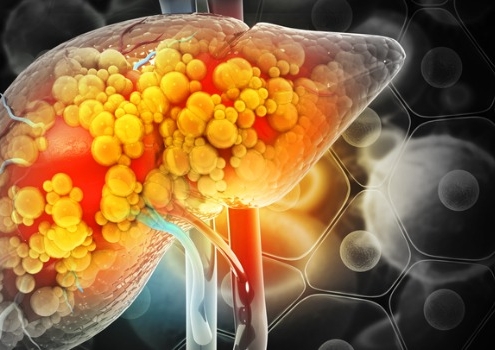
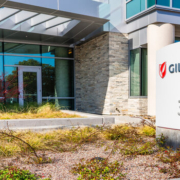


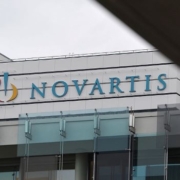
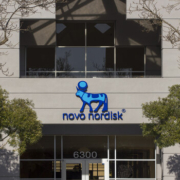
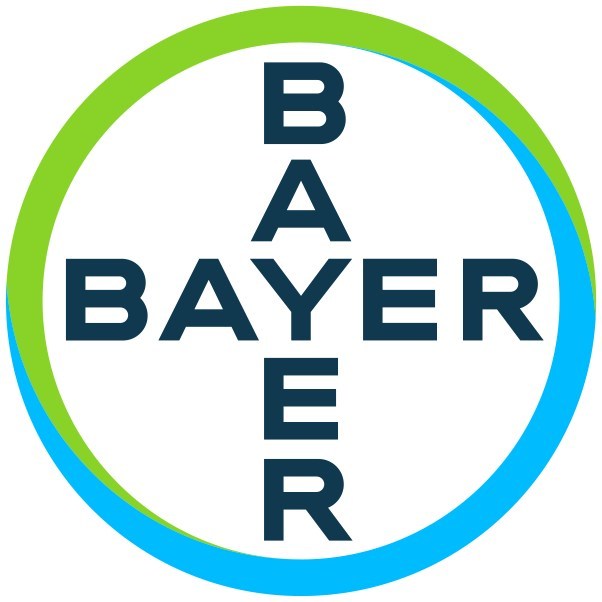
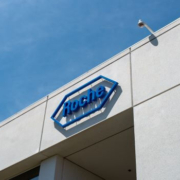
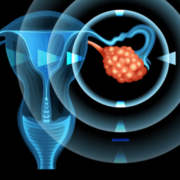 BioSpace
BioSpace
